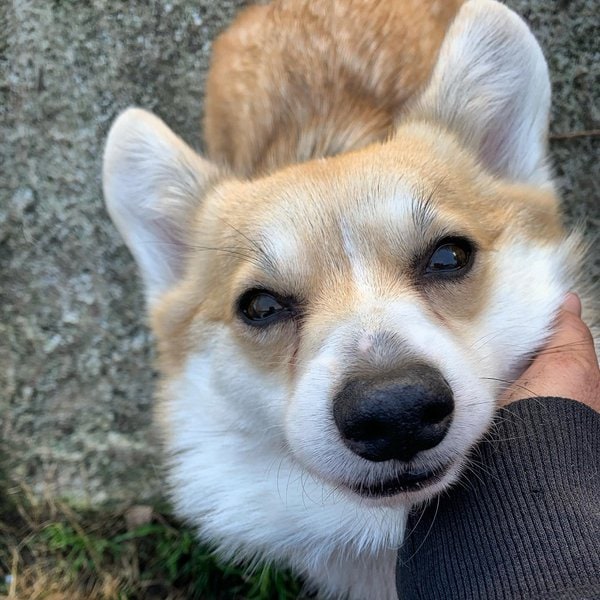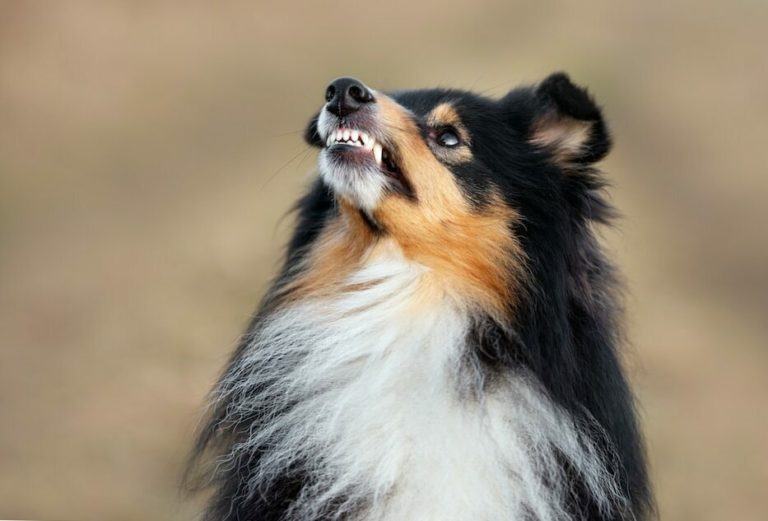Dogs communicate their feelings, desires, and intentions in many different ways from vocalizations like barking to non-verbal cues like staring. What is probably the most misunderstood of these is growling.
You have come to the right place to finally understand all, if not most, of the messages your pooch may be trying to convey through growling.
Contrary to popular beliefs, growling is not always associated with negative emotions in your dog. Let’s take a closer look at some of the reasons why dogs growl and how to stop it when things get out of hand.
What Does It Mean When A Dog Growls At You?
If your dog is growling at you, it means they have a strong emotion or desire that they would like to communicate to you. While most times the growl is as a result of negative emotions, dogs can sometimes growl for positive reasons.
Here are some of the main reasons, both good and bad, your dog may be growling at you for.
Warning
If your dog growls at you while showing you their teeth it is a stern warning to stop whatever you are doing. It could be anything from you mindlessly playing with their favorite toy to petting the dog when they are not in the mood.
Growling could also be a warning to strangers that the dog is not comfortable with any closer advancement towards the dog or their territory is not welcome.
Fear
Your dog could also growl at you and get aggressive with you when they feel afraid and threatened. This is very common with rescued pooches that have a traumatic past.
As with the warning, the growling here may be accompanied with bared teeth. However, the demeanor of the dog is generally more subdued than aggressive. This may include a tucked tail, hiding their face, or hiding.
Physical Distress
Another reason your dog may be growling at you all of a sudden is because they need your help.
Physical distress from pain or other discomfort causes dogs to vocalize in different ways including growling.
Growling in this case may be associated with other behavior changes like loss of appetite and reduced enthusiasm for physical activity.
Contentment
The other not-so-scary reason behind your dog growling is contentment. This may come as a surprise but dogs sometimes growl to show their happiness in the same manner that a cat would purr to show their contentment.
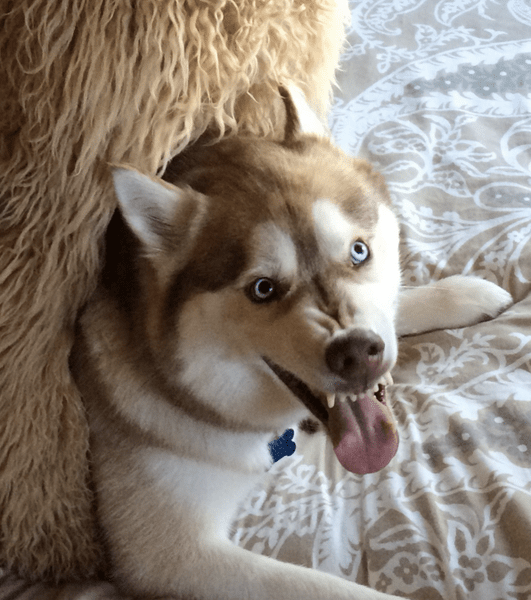
Is A Puppy Growling Normal?
It is normal for your puppy to growl at you even when they are happy and well-adjusted. Unlike their adult counterparts, puppies are still figuring out how best to communicate with you. They may therefore use something like growling in seemingly inappropriate situations.
For some perspective and better understanding of your vocal pup, here are the two main reasons why puppies growl other than negatives like fear and territorialism.
Playfulness
Puppies can sometimes get so beside themselves with excitement and high energy levels that the only way they know how to vent is through aggressive vocalizations like growling.
Restlessness and goofy behavior are dead giveaways for a puppy that is only growling because they are in a playful mood. All you have to do in these cases is engage them in some playtime to help them in expending all that excess energy.
Happiness And Contentment
Like adult dogs, puppies also sometimes growl to show their contentment. What makes this different from a puppy growling for playfulness is that the pooch will be more relaxed.
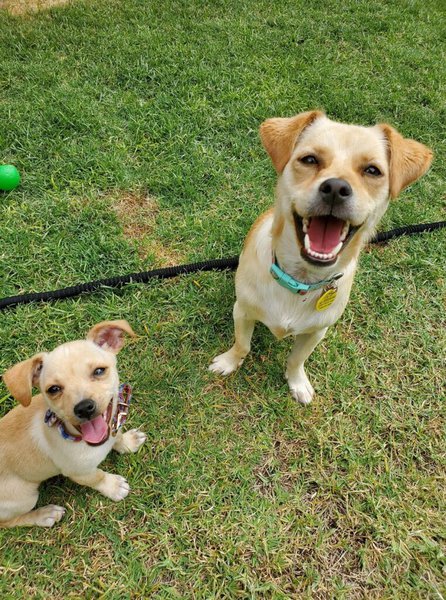
How Do You Respond If Your Dog Growls At You?
The best way to respond when your dog growls at you is to figure out what they want and give it to them. Punishing your dog when they snap at you is a bad idea as it may just end up making matters far worse than they initially were.
Here are 3 of the best ways to respond to your dog when they growl at you.
Give Them Attention
Your dog may just be trying to get you to play with them or let them into your room for a cuddle session. Sometimes the best thing to do is indulge your dog in their desires. It will only take you a bit of time but it will mean the world to your pooch.
Give Them Space
Sometimes, you have to do the exact opposite of giving your dog attention as a response to their growling. This is particularly handy as a response if you suspect that your dog is growling out of aggression, territorialism, or other source of frustration.
In these cases, it is best to just give your dog time and space to simmer down.
Establish Dominance
You may also have to establish your dominance to respond to your dog if they are growling aggressively due to negative emotions. Of course you should never growl back at your dog. However, commands that establish your dominance could come in very handy.
These commands include “heal”, “down”, or just a firm “stop” or “no” that your dog is trained to respond to with calmness.
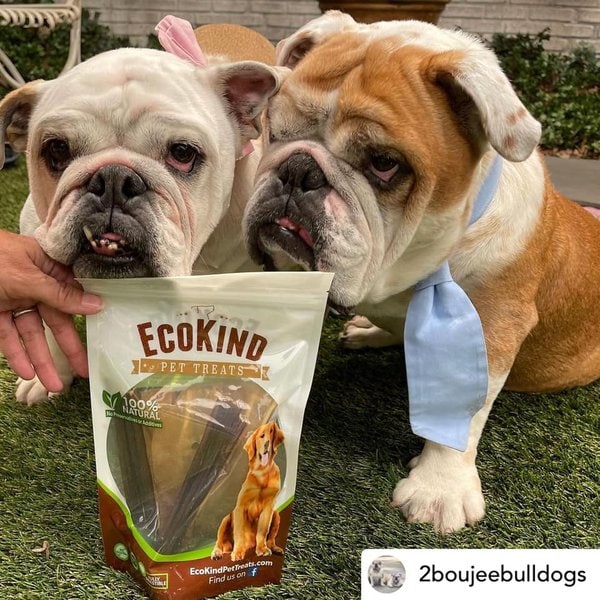
Is My Dog Playing Or Being Aggressive With Me?
The best way to tell whether your dog is playing or being aggressive when they growl at you is by paying attention to the rest of their body language.
When a dog’s growling is due to aggression or other negative emotions, their body language may include things like bared teeth, flattened ears, and a crouched stance like they are about to attack. They may also start making biting motions at which is your cue to back off.
If the dog’s tail is tucked as they growl and demonstrate all these signs of hostility, it shows that the aggression is probably as a result of some underlying fears.
On the other hand, if your dog is growling as a result of positive emotions like playfulness or contentment, their body language will show a happy dog. This may include a calm demeanor if they are content or playfulness with a wagging tail if they just want to play.
The growling in a dog that is happy may also be accompanied by other vocalizations like whining and even howling.
